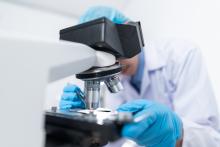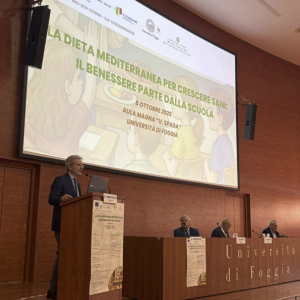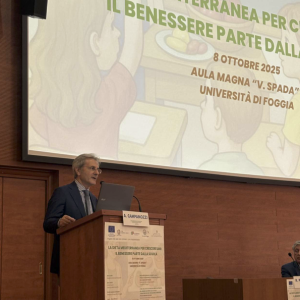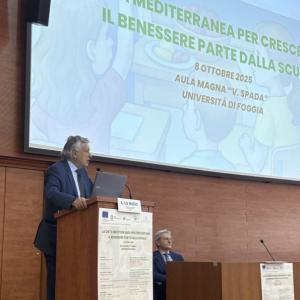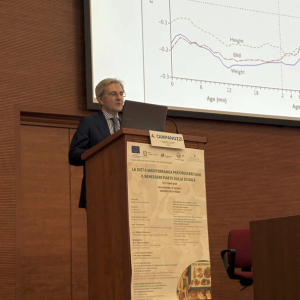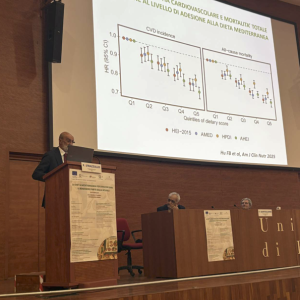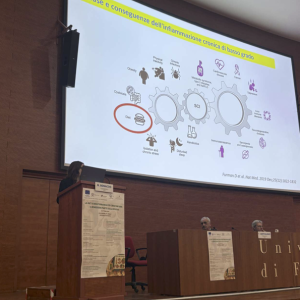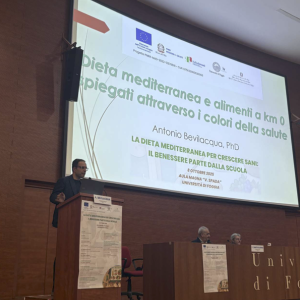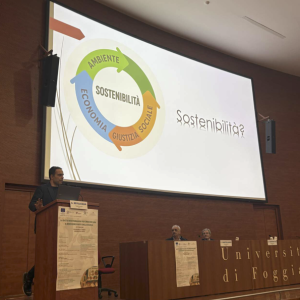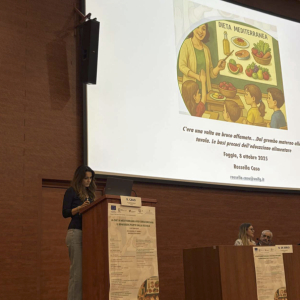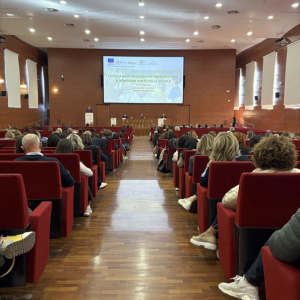

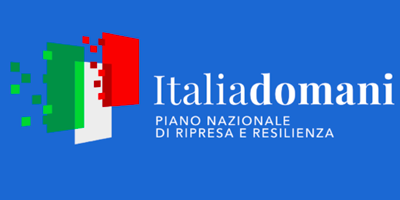
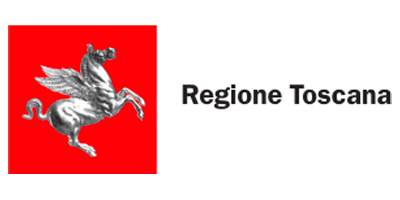
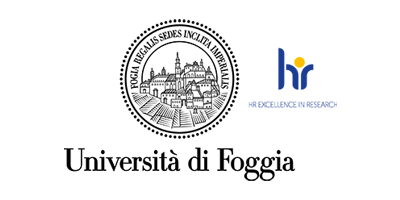
Scientific Coordination for University of Foggia:
Prof. Angelo Campanozzi
Funder: Project funded by Italian Ministry of Health - General Headquarters of Health research and innovation, under the National Recovery and Resilience Plan (NRRP) - Mission M6 - Component C2 - Investment 2.1 Enhancement and strengthening of biomedical research in the NHS financed by the European Union - NextGenerationEU - Call for tender under NRRP among the following topics 1. Proof of concept (PoC); 2. Rare Diseases; 3. Chronic Non-Communicable Diseases (NCDs) with a high impact on health and social-care systems; 3.1 Risk factors and prevention, 3.2 Etiopathogenesis and disease mechanisms, published on April 20, 2022
Award Number: Project code PNRR-MAD-2022-12376691 Topic: C2) Chronic Non-Communicable Diseases with a high impact on health and social-care systems: Etiopathogenesis and disease mechanisms. CUP MASTER: G15E22001180008 - CUP Unifg: D75E22000620006
Partenship:
Toscana Region - Meyer children hospital of Florence (Coordinator), “La Sapienza” University of Rome, University of Foggia, Villa Sofia-Cervello Hospital-University of Palermo
Project duration: 24 months
Start date: May 15, 2023
End date: May 14, 2025
Total NRRP funding for the whole project: € 1.000.000,00
Total NRRP funding for Unifg: € 245.200,00
Total project costs for Unifg: € 255.200,00
The exact pathophysiology of Inflammatory Bowel Disease (IBD) and other immune-mediated conditions such as Juvenile Idiopathic Arthritis (JIA) remains undetermined. It has been widely endorsed that multifactorial etiology, including an interaction between genetic and environmental factors, can contribute to their pathogenesis.
The dramatic rise of incidence of IBD in newly industrialized countries shifting to Western diet represents one of the foremost clues to the relevant influence of diet on IBD pathogenesis.
Dietary components have proven to shape gut microbiota composition and intestinal wall permeability.
Dietary therapies have shown their efficacy in the induction of remission in pediatric patients with CD. The benefit of the therapy is comparable to the steroid therapy and present great advantage in terms of growth and development of the patient. It has no collateral effects, typical of drugs therapies, but on the other side it has the limit of being restrictive and monotonous and consequently difficult to follow.
Objectives
Evaluation of dietary habits in families with a subject affected by IBD or JIA compared to healthy families from different geographical Italian regions, and African families with a low incidence of immune-mediated conditions from rural, semi-urban and urban areas.
Defining gut microbiota, transcriptome and metabolome of study populations by integrating dietary habits with multiomic analyses, the project aims to evaluate risk factors associated with the development of such inflammatory conditions.
Determining dietary factors associated with multi-omics IBD and JIA profiles, will allow to modify the Crohns Disease Exclusion Diet (CDED) integrating it with the traditional Mediterranean diet (Med-CDED).
Comparing the impact of two specific diets (CDED vs Med-CDED) in controlling pediatric and adult Crohns disease Finally, will explore the role and efficacy of specific dietary interventions for IBD in a pediatric population affected by JIA.
Understanding the role of diet in IBD and explore its role in a related rheumatic inflammatory condition such a JIA, offers an opportunity to provide additional insights on development, progression, and management of these conditions.
UNIFG is involved in the project as partner in the following activities:
- Investigation of dietary habits in Italian healthy families living in Puglia region;
- Nutritional analyses of overall study population;
- Development of a novel specific exclusion diet for IBD and related rheumatic inflammatory conditions according to the Mediterranean diet, the “Med-CDED”
- Department of Medical and Surgical Sciences
Scientific coordination for University of Foggia
Prof. Angelo Campanozzi
Position: Associate Professor
Department of Medical and Surgical Sciences (UNIFG)
SSD: MED/38 – General and specialist paediatrics
Email: [email protected]
Phone: +39 0881 733718
Scientific coordination for Meyer children hospital (Florence)
Prof. Paolo Lionetti (PI Coordinator)
Position: Associate Professor
Department of Neuroscience, Psychology, Pharmaceutical Area and Child Health
SSD: MED/38 - Pediatria generale e specialistica (UNIFI)
Email: [email protected]
Scientific coordination for “La Sapienza” University of Rome - Department of Maternal and Child health, Pediatric Gastroenterology and Liver Unit
Prof. Salvatore Oliva
Position: Associate Professor
Department of Mother and Child and Urological Sciences
Email: [email protected]
Scientific coordination for Villa Sofia-Cervello Hospital, University of Palermo
Dott. Fabio Salvatore Macaluso
Email: [email protected]
In data 8 ottobre 2025 il convegno dal titolo "La dieta mediterranea per crescere sani: il benessere parte dalla scuola" ha consentito la divulgazione dei risultati delle attività svolte nell'ambito del progetto ed ha visto la partecipazione degli insegnanti di numerose scuole dell'ambito territoriale della Provincia di Foggia. Nella locandina il programma dettagliato ed i nominativi dei relatori intervenuti.



